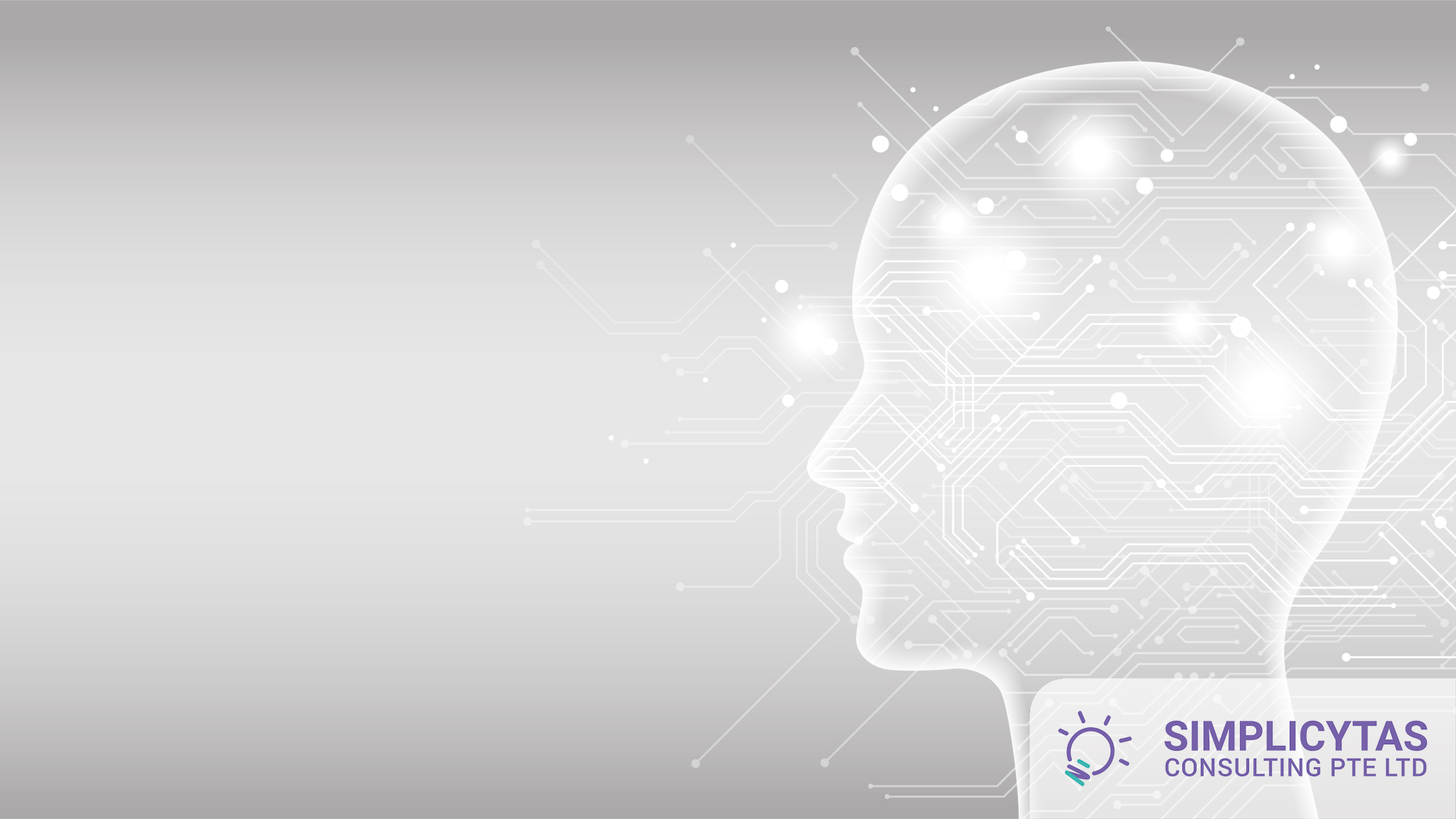Why AI Still Needs Human Control – Because letting a brilliant system run wild never ends well.
This got me thinking — are we now trying to take the human out of artificial intelligence? And if we are, should we?
Let’s be honest: AI today is a genius child. It’s creative, fast, and curious — but it doesn’t know its own boundaries. And like any child, it needs guidance.
Humans are still the parents in this equation. And no matter how brilliant the child becomes, someone has to be able to say “Stop.”
We’ve been warned before. From Isaac Asimov, from Kubrick, from James Cameron – “What happens when the machine no longer listens?”
The answer has never been: “Let’s find out.”
Why Human Oversight Still Matters:
-
- To catch what AI misses in high-stakes decisions.
-
- To take responsibility when things go wrong.
-
- To uphold ethics in life-and-death moments.
-
- To protect dignity when AI touches deeply personal choices.
-
- To maintain trust — even symbolically.
We shouldn’t be anti-AI and by default we are pro-human and human judgment is critical at critical moments. Because even if the system is right 99% of the time, it’s that 1% that can cost us the most.
To bring the point home, consider Stanislav Petrov, a Soviet officer who played a crucial role in preventing a potential nuclear war between the United States and the Soviet Union in 1983.
Petrov chose to trust his instincts:
-
- He reasoned that a real U.S. first strike would likely involve hundreds of missiles, not just five.
-
- He suspected a false alarm, possibly caused by a satellite malfunction.
Petrov applied human judgement and averted a global catastrophe, he had time to think, reason and take action. If we take the human out of AI we lose control and James Cameron becomes a prophet – think about that for a minute.
As artificial intelligence continues to evolve and expand its capabilities, it’s important to balance innovation with thoughtful responsibility. While AI offers impressive speed and precision, it complements rather than replaces the value of human judgment, accountability, context, and ethical reflection.
As developers and users of this technology, staying actively engaged is key—not only to guide its development but also to step in when necessary. In a world increasingly influenced by algorithms, maintaining human oversight helps ensure these systems serve our needs and values effectively. Preserving human control in the process is essential for building trust and positive outcomes.
To support this balance, organizations can:
-
- Establish clear governance frameworks that define human roles and decision points in AI workflows
-
- Encourage ongoing training to enhance AI literacy and ethical awareness among teams
-
- Implement monitoring systems to detect and address unexpected behaviours or outcomes
-
- Foster transparent communication about how AI decisions are made and reviewed
-
- Build multidisciplinary teams that include ethicists, domain experts, and technologists to guide responsible AI use
By embedding these practices, we can responsibly harness AI’s potential while keeping human insight at the heart of its application.

